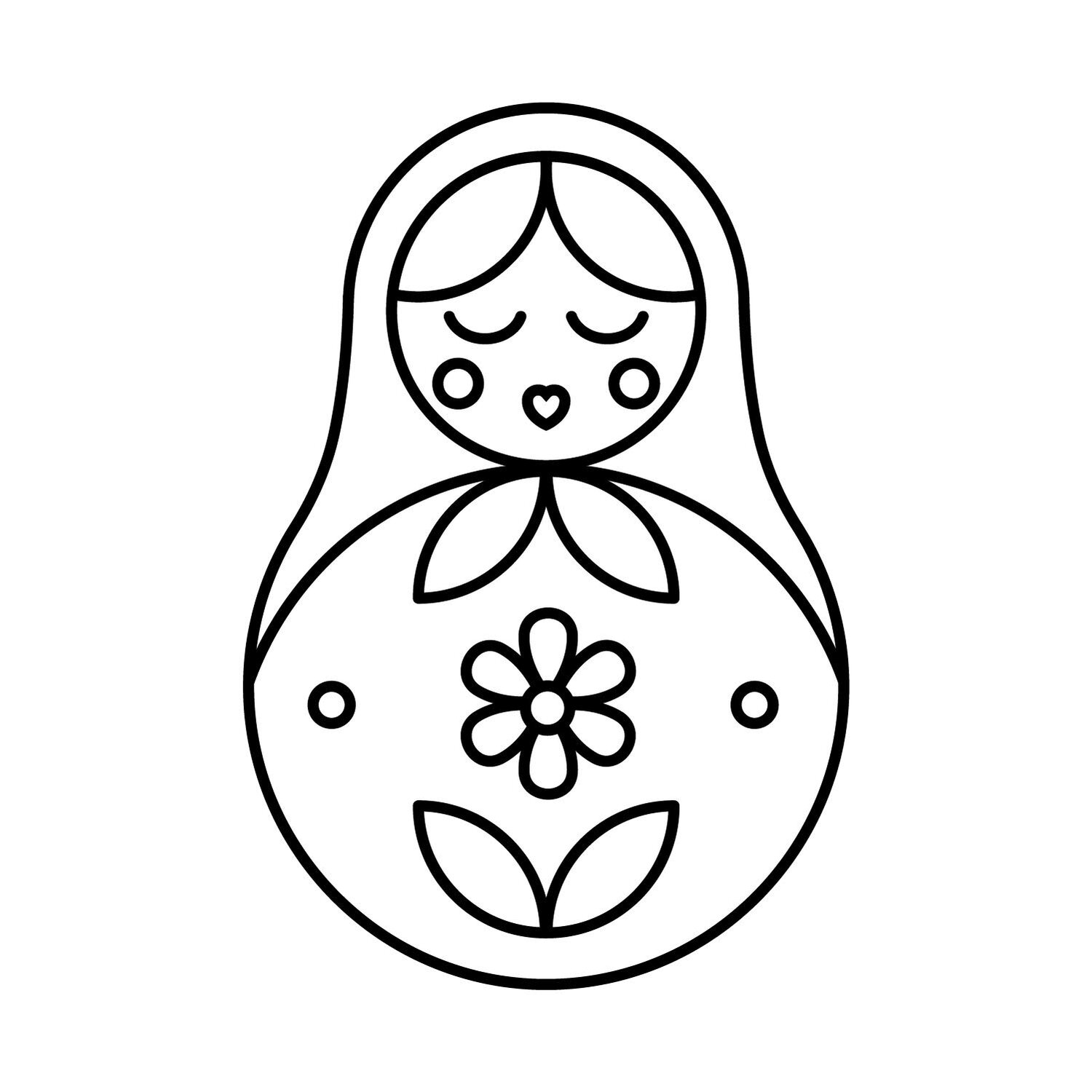q+a: mackenzie hyde
Tchotchke Gallery: You immigrated to the US as a college student, but how old were you when you started to think about coming to the US/NYC? What was the catalyst behind this?
Mackenzie Hyde: I moved from the suburbs to the city of Vancouver when I was 14 and I think from that moment on I recognized I’ll be fine wherever I go. I didn’t evaporate. That’s when I started visualizing moving to the US. Especially being in Canada where the majority of popular media is from the US. I remember watching an HBO show called “How to Make it in America” when I was 16. The main character lived in Greenpoint and I remember thinking on a very superficial level that I wanted to be there. At the time it felt like a significant challenge to move and survive in NY which was worth attempting.
TG: Your work focuses on loneliness and isolation from the past year while also playing with this idea of cruel humor. What was going through your head as you were creating your works for the show?
MH: I made all of this work from June to August 2021. I’m still in that same phase currently which is experiencing a capacity shift to deal with adversity but concurrently having less energy for it. I realized in March 2020 that it was never going to be the same world again. Despite thinking that early on, there’s maybe an ability for the brain to introduce illusion because it can recognize reality as threatening. My old work was affected more by that stage whereas the “good life” paintings introduce acceptance and an attempt at living closer to reality. I was reading 1984, Brave New World, and Fear and Loathing in Las Vegas. The first two books trace that whoever’s in charge is attempting to control your perspective. Then Fear and Loathing is an author who’s at the end of the hippie movement coming to terms with the fact that it’s over and no less with residual chaos. Those ideas were key to the work because they got me moving closer to uncomfortable truths. The cruel humor is there because I recognize that no matter what, I’m utilizing coping mechanisms somewhere. Maybe laughing while being horrified makes it’s somewhat easier to be horrified. I always try to balance my initial reaction to take everything so seriously.
TG: You are currently a studio assistant for Vaughn Spann. What’s the biggest thing you’ve learned from him in regards to the art world?
MH: My perspective on Vaughn in regards to the art world is that he’s dealing with a realm of it that is massively demanding. I think that one of the ways he deals with that is to counteract it with pace and tenacity. I was never that way. I worked a lot but I worked extremely slow and almost without confidence. My perspective on working smart shifted and I realized that my capacity for that had to change if I wanted any realistic chance at working in art. That section of the art world requires pace and skill to be in harmony which is a very tricky thing to accomplish.
TG: As we begin a new chapter and hopefully return to normal, are you going to incorporate new themes or continue to explore your current ones? Can you elaborate on your present themes for those who are new to your work?
MH: Everything I’ve done in the last three years has been dealing directly with what I’ve observed in my day-to-day. I definitely try to strive to be an observer more than anything else. So with that being said if things shift in the world then my work will as well. The work in the show was made very recently so I don’t think that the next paintings will be drastically different in terms of subject matter. I also think for some of those central themes they’re traced back to when I was a little kid so it’s old habits die-hard situation. I think my immediate focus is to develop a more unique visual language than where I’m at currently; that’ll probably take precedence.
TG: From the perspective of your past self before coming to New York, have you achieved what you wanted? Why or why not? What are you still looking forward to accomplishing?
MH: I definitely haven’t achieved what I want yet. I do remember the days when my goal was just to get to NY so I know that I’ll always unconsciously shift the carrot in front of me to be something else. Which is to say I’ll probably always think I should be doing more and doing it better. My standards for myself are high and I think that’s just a way to deal with insecurity. With that being said I don’t think that’s exclusive to me, I think that’s built into a lot of people as a way to keep us moving forward. If I achieved everything I wanted at this point it would freak me out more than the position I’m in now. There’s definitely a self-help ideal in there somewhere like “it’s about the journey rather than the something-or-other.”
